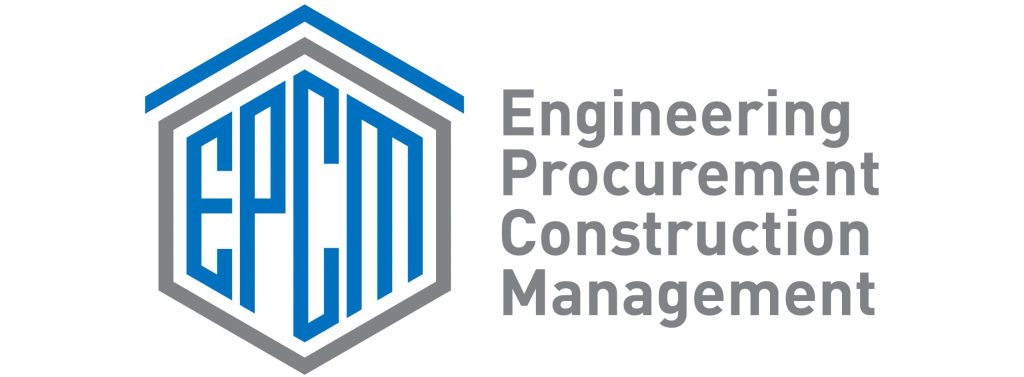Introduction
In today’s rapidly evolving industrial landscape, executing Engineering, Procurement, and Construction (EPC) projects on a global scale requires not just expertise but a profound understanding of diverse factors that influence project success. This guide dives deep into the world of global EPC project planning, shedding light on the methodologies, challenges, and innovative solutions that are shaping the future of the industry.
The Essence of Global EPC Project Planning
At the core of every successful EPC project lies meticulous planning. This phase sets the groundwork for execution, determining the project’s trajectory towards its goals. Global EPC project planning involves intricate processes, including feasibility studies, risk assessment, resource allocation, and schedule development, all tailored to meet the project’s unique requirements across different geographical locations.
Navigating Challenges in Global Projects
Global EPC projects face unique challenges such as cultural differences, regulatory compliance, logistical complexities, and communication barriers. Addressing these challenges requires a strategic approach, leveraging remote virtual construction management and remote engineering consultancy services to ensure seamless project execution. These services offer the flexibility and expertise needed to adapt to the dynamic global project environment.
Leveraging Technology for Enhanced Efficiency
In an era where technology drives innovation, EPC projects are no exception. Advanced tools and software enable project managers to oversee projects remotely, enhancing efficiency and reducing costs. From virtual technical project management platforms to AI-driven analytics, technology empowers teams to achieve precision in planning and execution, irrespective of the project’s location.
Best Practices for Global EPC Project Success
Achieving success in global EPC projects requires adherence to best practices that have been refined over years of industry experience. These include thorough due diligence, effective stakeholder communication, adaptive project management methodologies, and continuous monitoring and evaluation. By integrating these practices with cutting-edge technology, EPC firms can navigate the complexities of global projects with confidence.
Conclusion: The Future of Global EPC Projects
The landscape of global EPC projects is continuously evolving, with new challenges and opportunities emerging. However, the fundamentals of global EPC project planning remain pivotal. As the industry moves forward, the adoption of innovative solutions, including remote virtual construction management and virtual technical project management, will be critical in steering projects towards success. Through a blend of traditional expertise and technological innovation, the EPC industry is well-positioned to tackle the demands of the modern world, ensuring that projects are not just completed but are executed with excellence, efficiency, and adaptability.

